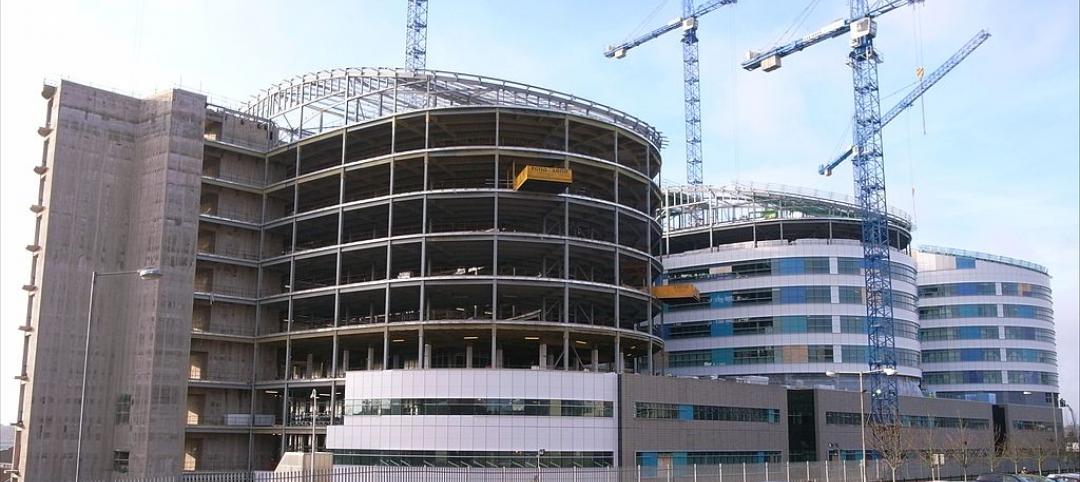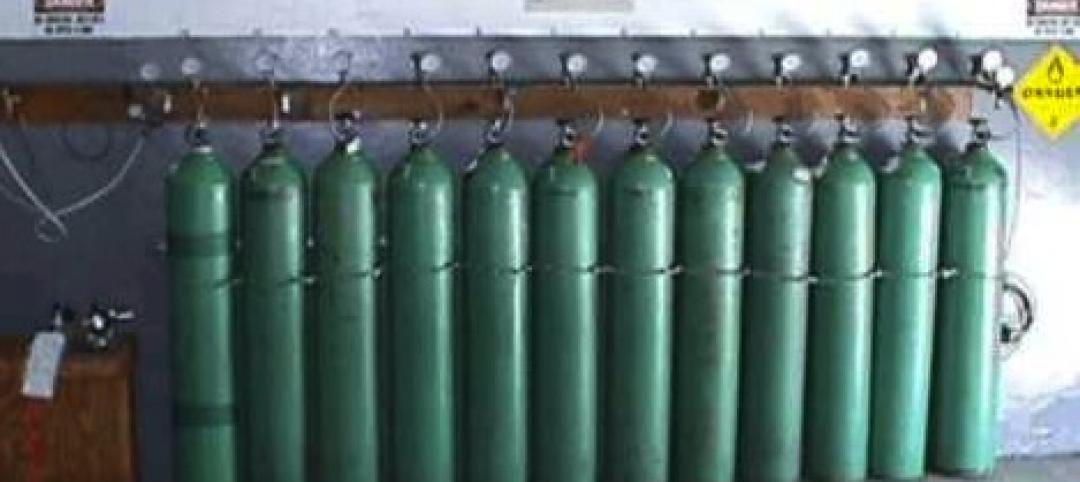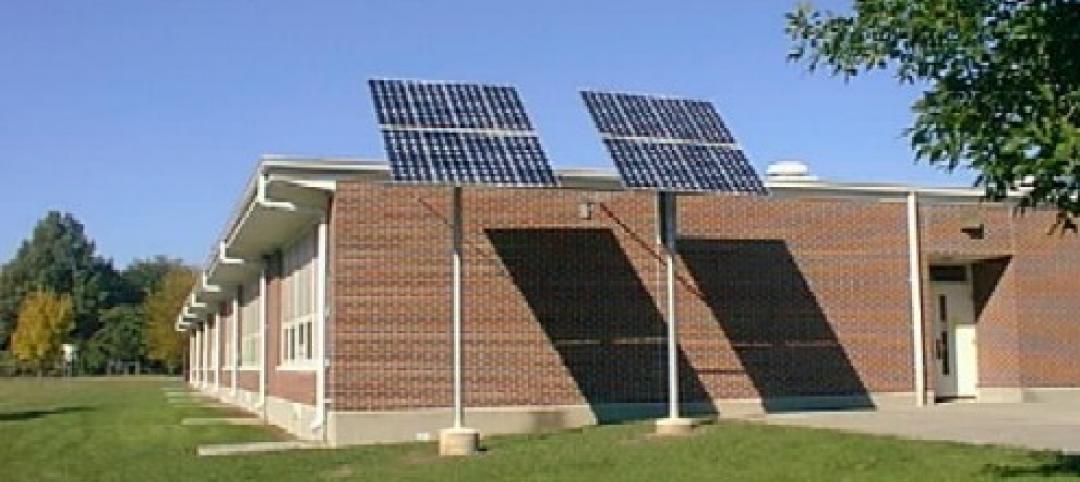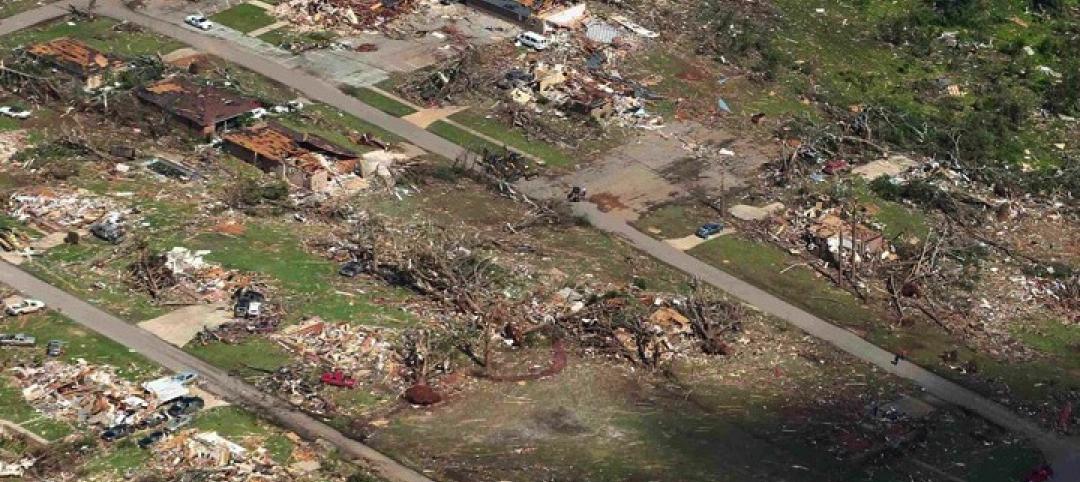The Eugene, Ore., City Council recently passed an ordinance aimed at steeply reducing energy consumption and greenhouse gas emissions. The city of 158,000wants to reduce community-wide greenhouse gas emissions 10% below 1990 levels by 2020, and reduce fossil fuel use by 50% by 2030.
Eugene is developing an energy inventory for its entire economy. After that is completed, it will consider voluntary energy-saving measures in the private sector, such as easier permitting for energy-efficient construction and energy performance scores for commercial buildings. The city will also consider other measures like commercial food-waste composting in restaurants and grocery stores to reduce methane emissions from landfills.
Eugene has made significant progress in reducing emissions recently from transportation without any concerted plan. Transportation emissions have dropped 2.5% per year since 2010, despite some population growth. This is largely due to economic and cultural shifts: the recession, the rise of telecommuting, online shopping and entertainment, transit, biking, more efficient cars, and higher gasoline prices. The city has encouraged these trends by improving bus service and developing a master plan for sidewalk and bike path improvements.
City government has rejected hard caps on emissions to date, focusing instead on voluntary measures and incentives for the private sector.
(http://grist.org/climate-energy/what-can-small-cities-do-to-fight-climate-change/)
Related Stories
| Sep 11, 2013
Sports stadium accidents suggest code updates may be necessary to prevent falls
Since 2000, at least three individuals have died as a result of falling from the upper decks of stadiums in the United States. In addition, eight non-fatal falls have occurred in stadiums and arenas over that time.
| Sep 11, 2013
White paper examines Joint Commission requirements for NFPA codes in healthcare
The healthcare industry has experienced great attention from The Joint Commission concerning fire and life safety issues.
| Sep 11, 2013
San Francisco expected to drop firefighter air tank refilling station rule for skyscrapers
San Francisco is poised to drop a requirement that skyscrapers have refill stations so firefighters can recharge their air tanks during a blaze. The city has required that new high-rises have the air refill systems for about ten years.
| Sep 5, 2013
State legislatures continue to raise the bar on green school construction
Since the beginning of 2013, the USGBC has followed more than 125 bills across 34 states that seek to advance healthy, high-performing schools.
| Sep 5, 2013
Construction industry groups create coalition to respond to new OSHA silica rule
A group of 11 construction trade associations has created the Construction Industry Safety Coalition in response to the Occupational Safety and Health Administration’s (OSHA) proposed rule on silica for the construction industry.
| Sep 5, 2013
Red tape delays California county jail construction projects
California authorized $1.2 billion for jail construction in 2007, but not a single county in the state has completed a jail project since then.
| Sep 5, 2013
New CM-at-risk and design-build options create controversy in Ohio
Some contractors say Ohio's new system puts small and midsize construction companies at a disadvantage.
| Sep 5, 2013
Outdated codes slowed disaster recovery in Tuscaloosa, Ala.
Outdated building codes and lack of a master plan slowed the initial rebuilding stage after a devastating tornado leveled parts of Tuscaloosa, Ala. in 2011, according to the city’s mayor.
| Aug 28, 2013
Building collapse prompts legislation to beef up demolition regulations in Philadelphia
Philadelphia City Council will introduce legislation next month to strengthen the regulation of building demolition practices.
| Aug 28, 2013
Rules requiring contractors to boost hiring of veterans criticized
Some businesses are pushing back against proposed rules requiring federal contractors to step up their hiring of returning military service personnel.















